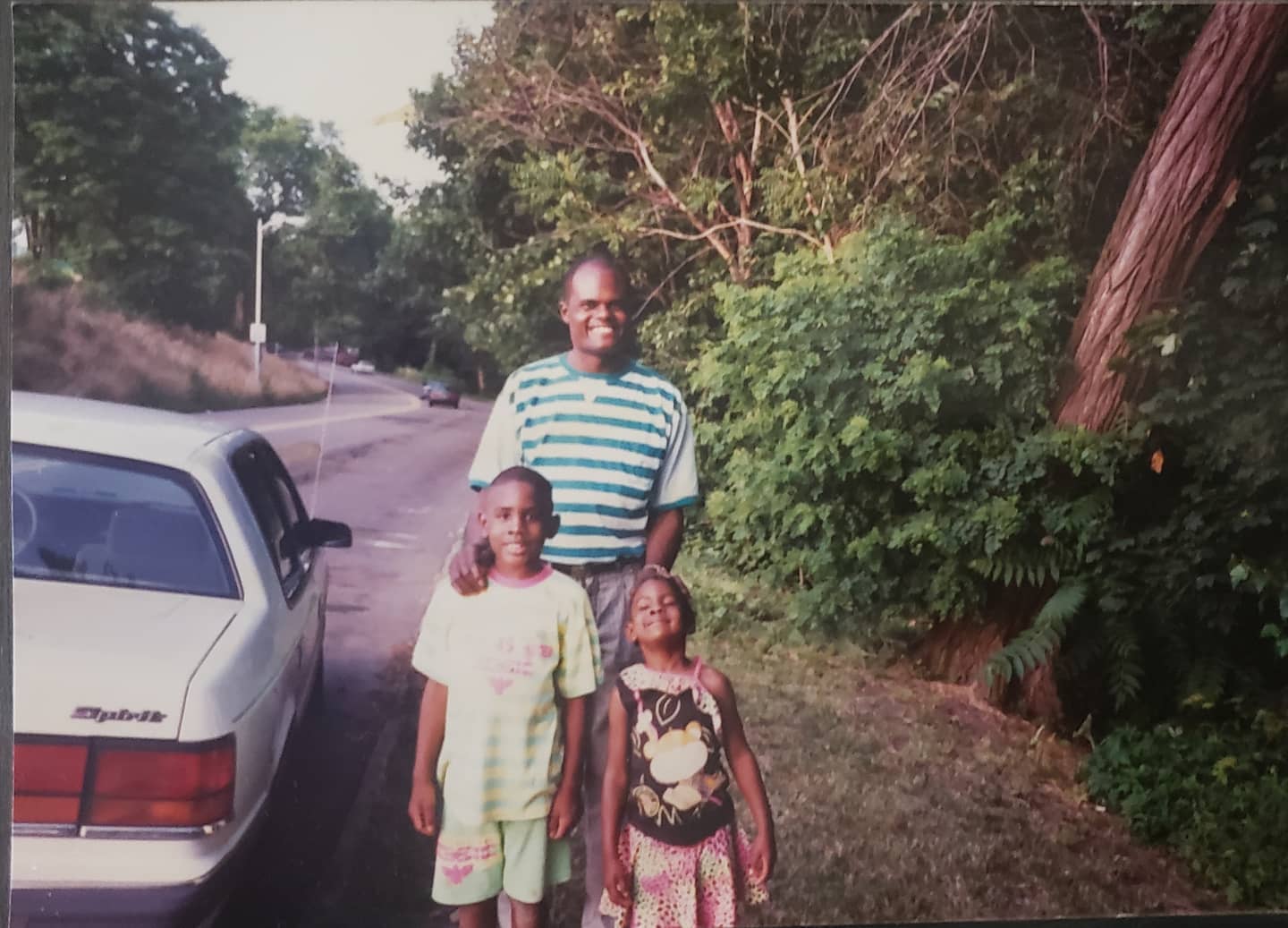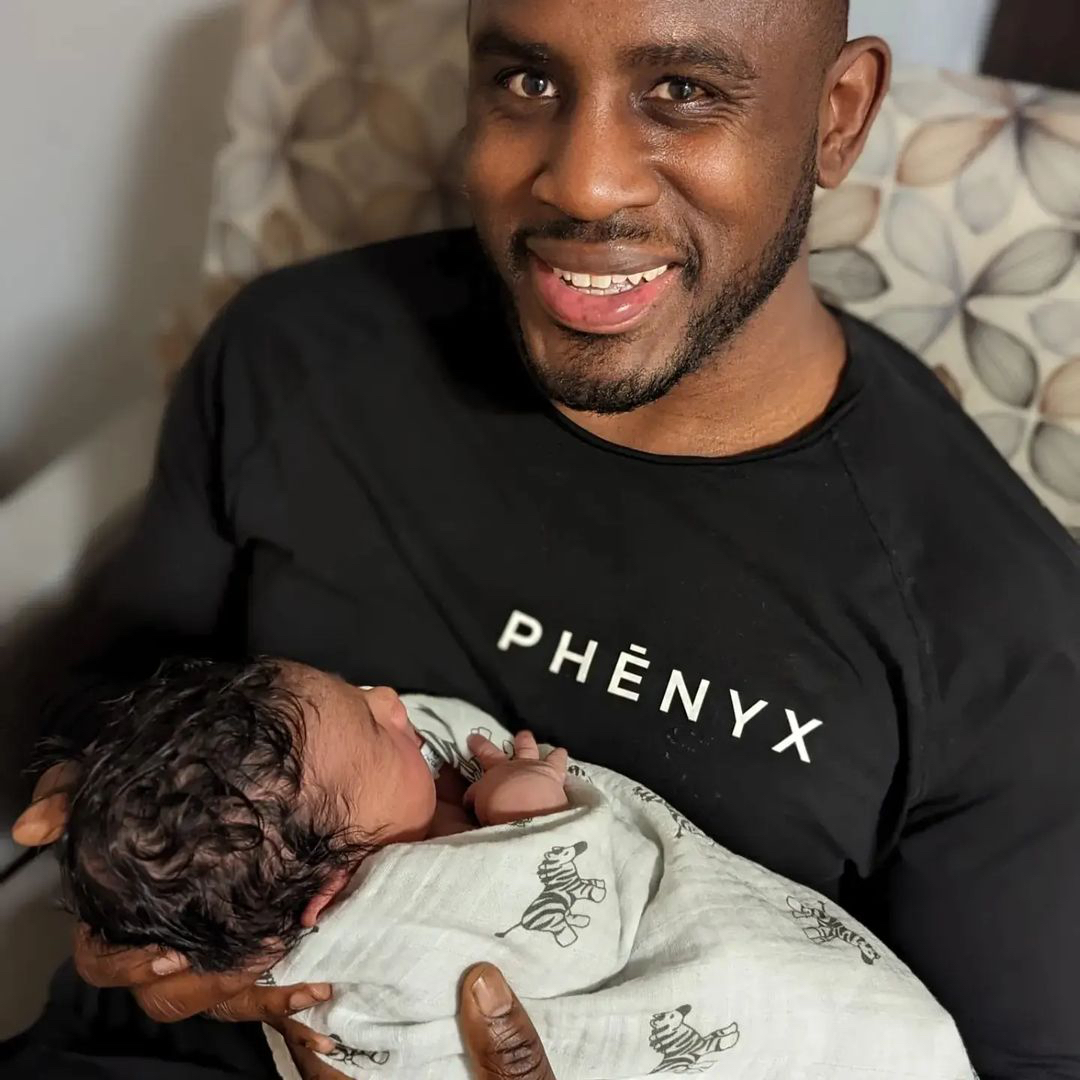We more easily remember the times our parents let us down and hurt our feelings than the times they went out of their way to make sure that we were provided for.
Compound this with another fact: our childish minds can’t fully comprehend–let alone appreciate–the sacrifices our parents had to make to get us to adulthood.
Now don’t get me wrong; I’m not saying that there aren’t toxic parents who let you suffer, but my experience has been that these types of bad parents are the exception rather than the rule.
Why it’s hard to forgive your parents
When we’re younger, we can’t appreciate the difficulty of parenting. In fact, many of us will never understand it until we have our own children.
We need to be mature enough to understand and appreciate what our own parents went through, and maturity requires 4 things:
- Experience
- Reflection on that experience
- Time to integrate lessons learned from those reflections on experiences
- A fully matured brain so that you can are capable of completing the previous steps
[If you want to learn more about the requirements and signs of maturity, read about the 6 signs of maturity.]
This means that a mature perspective on things isn’t even possible until the age of 25 when your brain finishes developing. Until then, you have neither the breadth of experiences in your own life, the amount of time to learn from them, nor the hardware to meaningfully process what you’ve gone through.
This is significant because even if you started your family young, you may not be fully capable of understanding the challenges that your parents faced—even while you endure similar ones.
You’ll be raising little human beings while hardly being a mature human yourself
I used to be angry that my mom never tried to better herself to make more money or improve our station in life. It wasn’t until I had grown up a little that I came to realize that my mom did the best that she could–for better or worse–and that her heart was always in the right place.
Our environment wasn’t perfect, but it truly was the best environment should could provide for us.
I don’t say this to excuse things that were detrimental and negative. I also don’t say this to make dealing with any pain I experienced easier.
I say it because it’s true, and sometimes the only way you know this is time, personal growth, and experience.
The parent-child relationship is a complicated one
It’s easy for a kid in his early 20s to be angry because he doesn’t really understand how challenging life is. Also, it’s easier to focus on the things you missed or made you feel bad.
It’s always easier to remember the bad you experienced, the childhood wounds, but it takes perspective and maturity to appreciate the bad that you *didn’t* experience because of your parents.
Other than dealing with truly abusive parents, most of their mistakes are simply trade-offs and personality flaws. Adult children of childhood trauma take a while to realize this, but eventually, you become aware of certain things that could have been better.
It’s not until you finally grow up that you realize it could have been a lot worse.
What you remember from your childhood affects how you see everything

One day, my mom asked me why I write so much about her, not my father.
He wasn’t a saint. He was just hardly around, so I don’t have a strong opinion towards him either way. I know that he existed, he wasn’t absentee, but the collective time he spent with me is realistically less than 6 months. What’s the point of me telling you this?
Our parents are the easiest people to get a distorted view of because of the sheer amount of time we spend with them.
You likely won’t share the same space with another human for that long until you start your own family. We spend our entire lives as minors around our parents and many of us, years after. However, what’s unique about the parent-child relationship is that you’re changing mentally, physically, and emotionally. You’re learning about the world from them but they’re also in the process of learning.
As you gain self-awareness and awareness of the rest of the world, you start seeing things that you think they should have done differently—not just in raising you, but with their whole life, in general.
The opportunity cost of raising children
Opportunity cost is the value of the best alternative that you miss out on as a result of choosing a different option.
For example, my mom missed chances to make more money because of her responsibilities to us. Attending to obligations isn’t exactly an opportunity cost decision, but it’s close enough for the purposes of our discussion.
Opportunity cost is already a fairly abstract concept. Understanding how it applies to human development and people’s choices is also a fairly complex idea. While there is a lot of growth that happens as a result of being a parent, there is a lot that has to be forgone so that you can be a parent.
However, young people foolishly believe that they have figured things out in their limited time on this planet. They know exactly what their parents should have done with them. In terms of opportunity cost, all young adults see is the next best alternative.
They don’t see the choices, restraints, and assumptions that went into forgoing it. They don’t see that their parents simply acted on the basis of their highest priority—the well-being of their children and other family members.
A lot of angst we feel towards our parents is driven by the idea that if we were put in the same situation, with the same resources and knowledge, we somehow would have made a different and more beneficial decision.
Of course, this is patently false, but this belief is probably responsible for many estranged relationships.
[I used to have a problem with my mom because her decisions put me through an incredibly rough upbringing. However, now I’m grateful for the lessons I learned from it. Read the lessons here.]
How to forgive your parents
While you can’t do anything about the time it takes to grow, learn, and appreciate your parents, you can humble yourself and realize that there are things you don’t know or can understand without experience.
If you can do this, perhaps it’ll be easier for you to see your parent’s failings and mistakes for what they likely were–them learning on the fly and doing their best. At the very least, it will give you the space to look at what you experienced as a child.
We tend to see our parents as larger than life because they are at the start of our lives. As we get older, we hopefully realize that they’re just people; for better or for worse. Once we hold them to that standard, it’s a lot easier to forgive them for anything we can’t let go.
The rest is up to you.
Note: If you were the victim of legitimate abuse at the hands of your parents, then this post does not apply. I don’t have all the answers, but I want to clarify that this newsletter is not an attempt to teach you how to forgive true scum.




